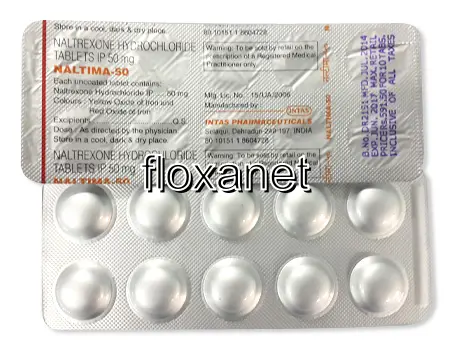Buy Naltrexone Online from Trusted UK Pharmacy
| Package | Dosage | Price | Price per Dose | |
|---|---|---|---|---|
| Dosage: 50mg | ||||
| 90 pill | 50mg | £625.50 | £6.95 | |
| 60 pill | 50mg | £430.03 | £7.17 | |
| 30 pill | 50mg | £242.79 | £8.09 | |
| 20 pill | 50mg | £172.83 | £8.62 | |
| 10 pill | 50mg | £93.61 | £9.38 | |

Naltrexone Description
Overview of Naltrexone
Naltrexone is a prescription medication primarily used to help individuals in recovering from alcohol dependence and opioid addiction. It belongs to a class of drugs known as opioid antagonists, which work by blocking the effects of opioids on the brain’s receptors. When taken as prescribed, Naltrexone can be an effective part of a comprehensive treatment plan, including counseling and support groups. This medication does not produce a euphoric high, making it a safer option for those trying to abstain from substance use.
How Naltrexone Works
Naltrexone works by binding to the opioid receptors in the brain, preventing opioids from producing their usual effects. This blockade reduces the pleasurable sensations associated with opioid use, which can help diminish cravings and support abstinence. For alcohol dependence, the exact mechanism is not fully understood, but it is believed that Naltrexone affects the brain's reward system, reducing the desire to drink alcohol. Its ability to curb cravings makes it easier for patients to maintain sobriety and reduces the likelihood of relapse.
Usage and Dosage
For alcohol dependence, Naltrexone is typically prescribed in a dose of 50 mg once daily. For opioid dependency, it can be administered as a daily oral tablet or via long-acting injectable forms. It is crucial that users have fully detoxed from opioids and do not have any remaining opioids in their system before beginning treatment. The medication should always be taken under medical supervision, and dosage adjustments may be necessary based on individual response and tolerability.
Potential Benefits
Many patients find that Naltrexone significantly reduces their cravings for alcohol and opioids, helping them stay committed to their recovery goals. It can also improve motivation and stabilize mood during the challenging recovery process. When combined with behavioral therapy, Naltrexone enhances overall treatment outcomes. Users often report feeling more in control of their addiction and experiencing fewer relapses, which can be life-changing for many individuals.
Possible Side Effects
Like all medications, Naltrexone can cause side effects. Common reactions include nausea, headache, dizziness, fatigue, and gastrointestinal discomfort. Some users may experience insomnia or joint pain. In rare cases, it can cause liver toxicity, which necessitates regular liver function monitoring during treatment. Allergic reactions are uncommon but can occur. Patients should inform their healthcare provider about any adverse effects or unusual symptoms.
Precautions and Contraindications
Naltrexone should not be used by individuals currently using opioids, as it can precipitate withdrawal symptoms. It is not suitable for people with acute hepatitis or liver failure unless closely monitored by a healthcare professional. Before starting Naltrexone, a thorough medical history and screening are essential to prevent contraindications. Patients must also disclose all medications they are taking to avoid potential interactions.
Conclusion
Overall, Naltrexone is a valuable tool in the treatment of alcohol and opioid dependence. Its ability to block the effects of opioids and reduce cravings makes it an important part of recovery strategies. Proper medical supervision, adherence to prescribed dosages, and ongoing support are key to maximizing its benefits and minimizing risks. For many, Naltrexone offers a chance at a healthier, substance-free life.
